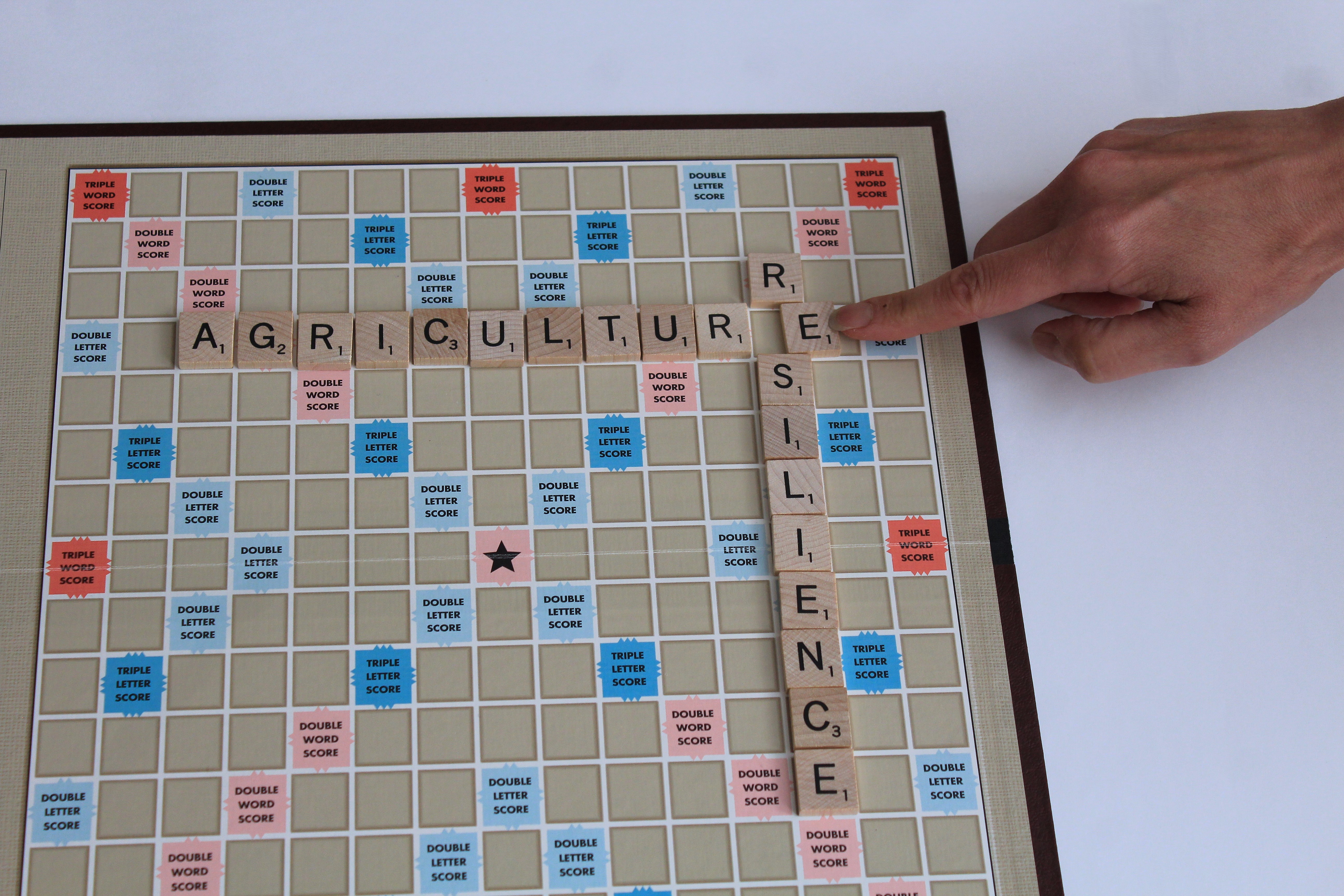
By Ronica Stromberg
Resilience has become a buzzword across fields, including agriculture. USDA strategic plans and documents advocate for it, but although the USDA's National Agricultural Library has a dictionary with more than 77,000 agricultural terms and concepts, resilience isn't one of them. Four University of Nebraska-Lincoln scientists and about 15 other scientists across North America are working to change that.
The scientists, who are all part of the Network for Integrated Agricultural Resilience Research begun at Nebraska in 2021, have spent the past year and a half diving deep into their linguistic skills to define agricultural resilience and about 30 related terms and concepts. Shana Sundstrom, the program coordinator for NIARR, has led the effort.
"I've been a resilience scientist for decades now, and I found it frustrating to see the confusion regarding terminology and conceptual meaning as resilience has proliferated across fields," Sundstrom said. "And so, I find the idea of creating a foundational terminology for agriculture to be extremely satisfying and, hopefully, extremely useful for other scientists that want to engage with these concepts and don't know where to start because the literature is vast."
Sundstrom and Craig Allen, the director of NIARR, along with Nebraska professors Tala Awada and Gwendŵr Meredith, came to the project with a background of looking at resilience concepts as defined in ecology. Using these same definitions in agricultural environments seldom works, Allen said.
Agricultural systems have much heavier human intervention than ecological systems. Many resilience terms as used in ecological systems contain the idea of self-organization. For example, grasslands and fire have historically interacted to stay grassland rather than switching to woodland. That idea is less appropriate in agriculture systems, Allen said.
When grassland switches to woodland, the change may be termed a regime shift. Allen and the NIARR scientists have been discussing what terms like regime shift would mean in agriculture.
"Of ideas that have relatively clear definitions in ecology but are squirrelier in agriculture, regime shift is one of them," Allen said. "I mean, is switching crops a regime shift? Or is it going from a cropping period to a noncropping land use? Or if you go from one row crop to another row crop is that a regime shift? Or is it row crop to something like citrus, a permanent agroforestry? So, there are some really basic questions like that."
Follow the full story at https://snr.unl.edu/aboutus/what/newstory.aspx?fid=1280